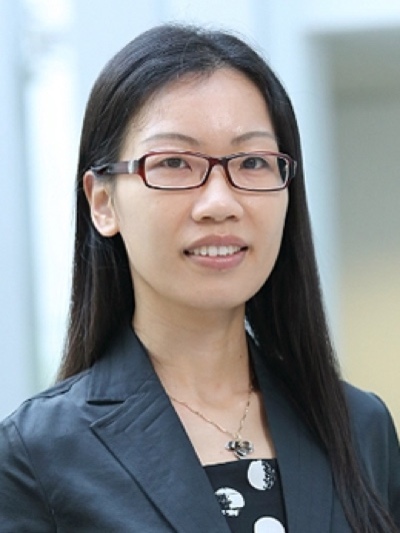Hangzhou, CHINA
20 October 2025

Gentiane Venture
Gentiane Venture is a French Roboticist working in academia in Tokyo. She is a professor with the University of Tokyo and a cross appointed fellow with AIST. Her research is rooted in human body dynamics and tries to design robot behaviors to achieve personalized human robot interaction. Her work is highly interdisciplinary and she collaborates with psychologists, physiologists, philosophers, artists, neuro-scientists, designers、ergonomists, bio-mechanists.

Geng Yang
Geng Yang received his BSc and MSc degrees from the College of Biomedical Engineering and Instrument Science, Zhejiang University (ZJU), Hangzhou, China, and the Ph.D. degree from Electronic and Computer Systems from the Royal Institute of Technology (KTH), Stockholm, Sweden. From 2013 to 2015, he worked as a Post-Doc researcher in the School of Information and Communication Technology (ICT), KTH, Stockholm, Sweden. Currently, he is a Research Professor in the School of Mechanical Engineering, Zhejiang University (ZJU), Hangzhou, China. His research interests include flexible and stretchable electronics, mixed-mode IC design, low-power biomedical microsystem, wearable bio-devices, human-computer interface, human-robot interaction, intelligent sensors and Internet-of-Things for healthcare.

Barbara Bruno
Barbara Bruno is a Tenure Track W1 Professor and head of the Socially Assistive Robotics with Artificial Intelligence (SARAI) research group at the Karlsruhe Institute of Technology. Her research interests lie in Socially Assistive Robotics and Human-Robot Interaction. In 2017-2019 she was Technical Manager of the H2020 project CARESSES, which developed a culturally competent care robot for older adults. In 2019-2023, as a Postdoctoral Researcher and lab deputy head at the École Polytechnique Fédérale de Lausanne (EPFL), Switzerland, she contributed to various funded projects on social robotics, including the SNSF flagship initiative NCCR-Robotics, the MSCA ANIMATAS focusing on the development of socially assistive robots for education and the French-Swiss project iReCHeCk on the development of robotic technologies to assist children with handwriting difficulties.

Weidong Chen
Weidong Chen received his B.S. and M.S. degrees in Control Engineering in 1990 and 1993, and Ph.D. degree in Mechatronics in 1996, respectively, all from the Harbin Institute of Technology, Harbin, China. Since 1996, he has been at the Shanghai Jiao Tong University where he is currently Deputy Dean of the Institute of Medical Robotics, Professor of the Department of Automation. He is the founder of the Autonomous Robot Laboratory. Dr. Chen’s current research interests include perception and control of robotic systems, medical robotics and assistive robotics. Most recently, he was a General Co-Chair of the 27th IEEE International Conference on Robot and Human Interactive Communication (RO-MAN 2018), Nanjing and Tai'an, China, August 27-31, 2018, and served as the General Chair of the 14th International Conference on Intelligent Autonomous Systems (IAS-14), Shanghai, China, July 3-7, 2016.

Xiaojuan Ma
Xiaojuan Ma is an associate professor of Human-Computer Interaction (HCI) at the Department of Computer Science and Engineering (CSE), Hong Kong University of Science and Technology (HKUST). She received the Ph.D. degree in Computer Science at Princeton University. She was a post-doctoral researcher at the Human-Computer Interaction Institute (HCII) of Carnegie Mellon University (CMU), and before that a research fellow at the National University of Singapore (NUS) in the Information Systems Department. Her background is in Human-Computer Interaction. She is particularly interested in data-driven human-engaged AI and Human-Robot Interaction in domains such as education, health, and design. She has been serving on the organizing and program committees of many venues in the fields of HCI, affective, ubiquitous, and social computing.
